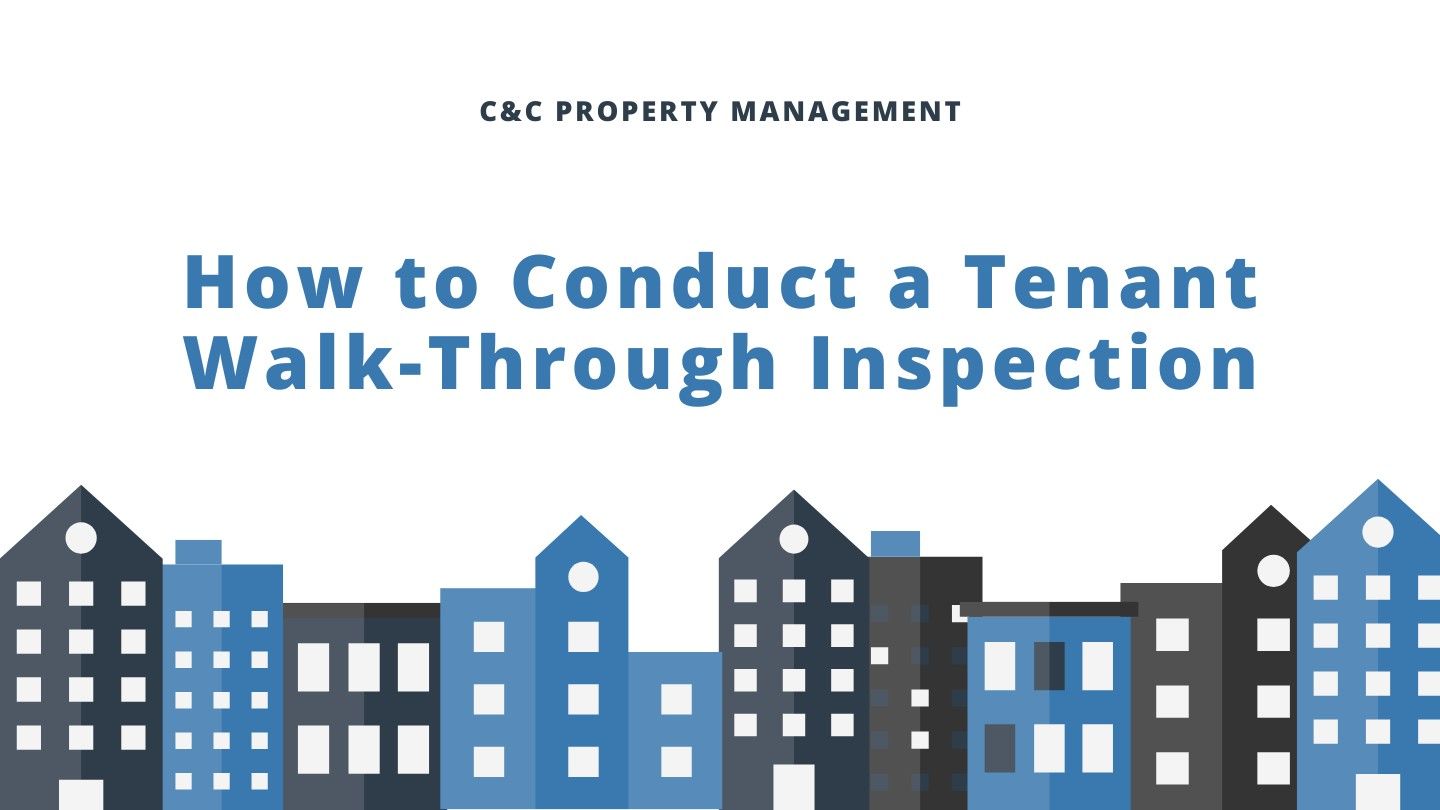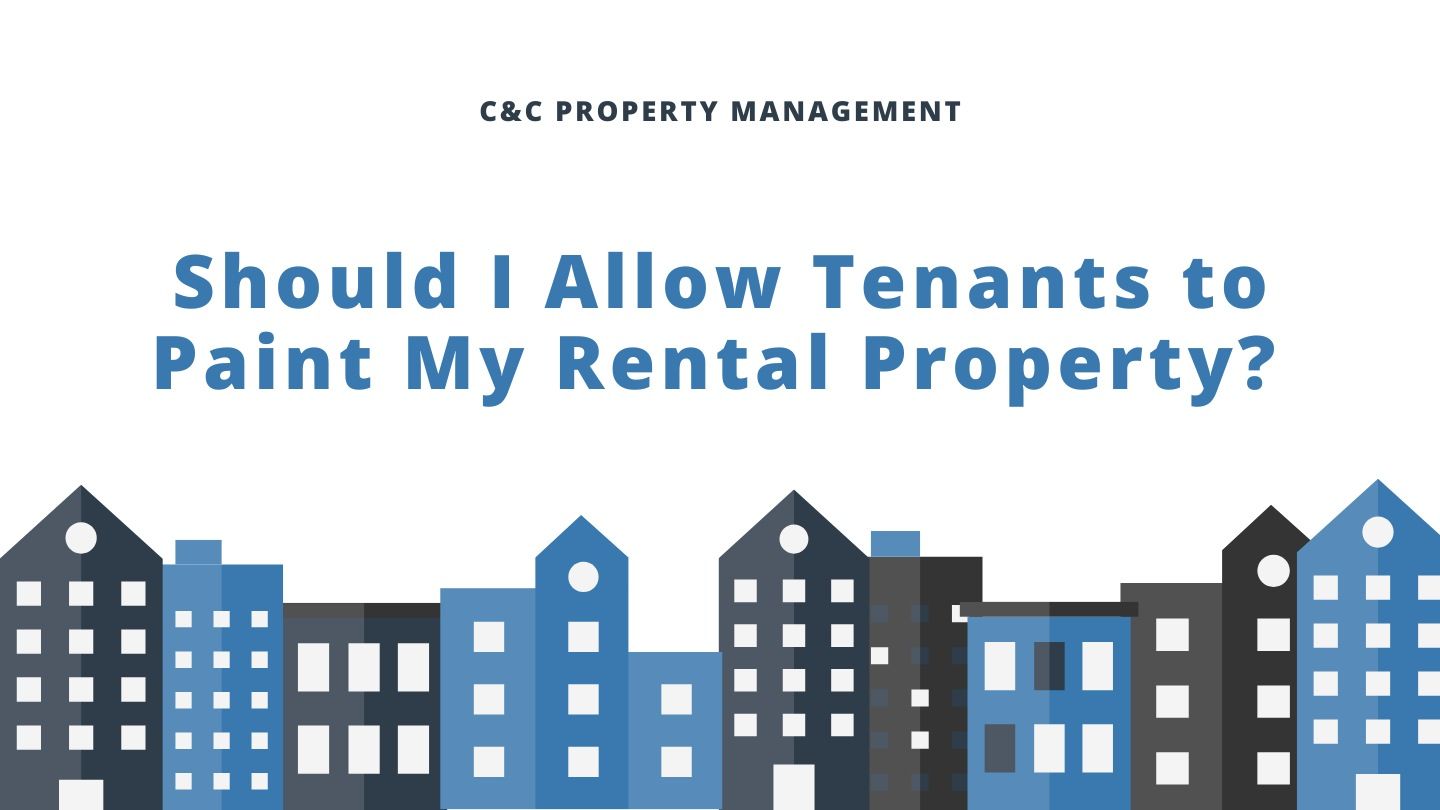How To Write A Good Property Listing
Are your property listings falling flat, failing to attract the right residents? In today’s competitive rental market, a well-crafted property listing is essential for capturing interest and standing out among the crowd. As a landlord, you understand that first impressions matter and the words you choose can either draw potential residents in or push them away. Crafting an engaging and informative listing requires not just highlighting the features of your property but also appealing to the needs and desires of your target audience.
In this article, we’ll explore the key elements that make a property listing effective, offering insights from property management experts to help you create captivating listings that resonate with prospective residents. By the end, you’ll have the tools and strategies needed to write a compelling property listing that maximizes your chances of
attracting quality residents quickly.
Best Practices for Writing Compelling Property Listings
Here are some effective practices to consider when writing a good property listing:
1. Start with a Catchy Headline
A compelling headline is the first opportunity to grab attention and should entice potential residents to read further. Use strong, descriptive adjectives to highlight the property's best attributes.
For instance, instead of a generic title like “Apartment for Rent,” consider something like “Bright and Airy 3-Bedroom Oasis with Modern Amenities.” This approach not only showcases the property’s size but also suggests a comfortable and attractive living environment.
2. Highlight Unique Features
Every property has
unique features that set it apart, whether it’s a newly renovated kitchen, stunning views, or a spacious backyard. These unique features should be front and center in your listing.

For example, if the property has an updated kitchen with stainless steel appliances and quartz countertops, make sure to detail these aspects. Phrasing like “Enjoy cooking in a gourmet kitchen featuring sleek quartz countertops and top-of-the-line appliances” not only informs but also paints a picture of an appealing lifestyle.
3. Be Descriptive but Concise
While it’s important to provide enough detail about the property, it’s equally crucial to keep your writing clear and to the point. Use descriptive language that engages the reader's imagination without overwhelming them with excessive information.
For instance, instead of saying, “This spacious living room has a lot of natural light,” you might write, “Bask in sunlight in the expansive living room, perfect for relaxation or entertaining guests.” Strive for a balance between description and brevity, as potential residents often skim listings.
4. Include Essential Details
Landlords must ensure that potential residents have all the necessary information to make informed decisions. This includes key details such as the number of bedrooms and bathrooms, the total square footage, and any
amenities included in the rental, like a washer and dryer or air conditioning. Present these details clearly, perhaps in bullet points, to enhance readability.
5. Use High-Quality Images
Images are often the most powerful tool in a property listing, as they create a visual representation of what potential residents can expect. Invest in professional photography that captures the property in its best light, ensuring that rooms are well-lit and presented cleanly.

Take photos from various angles to give a comprehensive view of each space, including bedrooms, bathrooms, and living areas. It’s also beneficial to showcase unique features and outdoor spaces, such as gardens or patios.
6. Focus on the Neighborhood
Highlighting the neighborhood can be a significant selling point for any property. Potential residents want to know not just about the property itself but also about the lifestyle it offers. Describe the local amenities, such as parks, schools, grocery stores, and restaurants, to give prospective tenants a sense of the community.
7. Create a Welcoming Tone
The tone of your listing should be inviting and approachable, making potential tenants feel welcome and comfortable. Use friendly language that speaks directly to them. Phrases like “You’ll love coming home to this cozy retreat” or “Imagine hosting friends in your spacious living area” can evoke a sense of belonging and warmth. This welcoming tone conveys the property’s charm and sets a positive expectation about the renting experience.
9. Be Honest and Transparent
Building trust with potential residents starts with honesty. Ensure that your property listing accurately reflects the condition and features of the property. Avoid exaggerations or misleading descriptions that could lead to disappointment during viewings. If there are any known issues, such as older appliances or upcoming construction in the area, it’s better to be upfront about them.
8. Set the Right Price
Pricing is a crucial factor for potential tenants when considering a rental property. Conduct thorough research on comparable rentals in the area to ensure that your
pricing is competitive yet fair. In your listing, you might want to justify the price by highlighting the value offered, such as included utilities, maintenance services, or exclusive amenities.

10. Include Contact Information
Facilitating
communication is essential in converting interest into inquiries. Make sure your contact information is easily visible and straightforward. Include a phone number, email address, and, if applicable, links to your website or social media pages. Consider using phrases like “We’d love to hear from you!” or “Contact us today to schedule a viewing!” to encourage potential residents to reach out.
Providing multiple ways for them to connect with you makes it more convenient for interested parties to ask questions, schedule visits, or request additional information, ultimately increasing the likelihood of finding the right resident quickly.
The Final Word: Partner With the Experts
At the end of the day, a well-written property listing can make all the difference in finding the right residents. If you want professional guidance,
C&C Property Management is here to help. With our expertise, we can assist you in crafting compelling listings, managing your property, and maximizing your rental potential.
Contact us today to discuss your options and discover what’s best for your property. Let’s find the right fit together!








